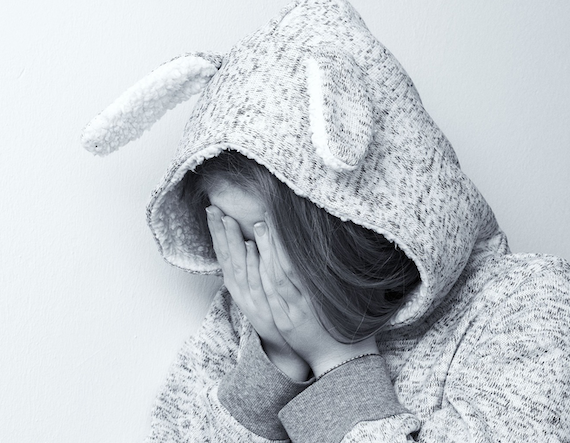
BULLYING
Bullying is an intentional aggressive behaviour intended to cause harm. It is repetitive and involves an imbalance of power between the perpetrator (the bully) and the target. It can be direct and involve verbal abuse or physical aggression, or indirect and involve social isolation, defamation, and rumour spreading. Bullying occurs across all ages, socioeconomic classes, races, and cultures.
 It is therefore important that parents and teachers look out for warning signs that a child might be bullying others:
It is therefore important that parents and teachers look out for warning signs that a child might be bullying others:

